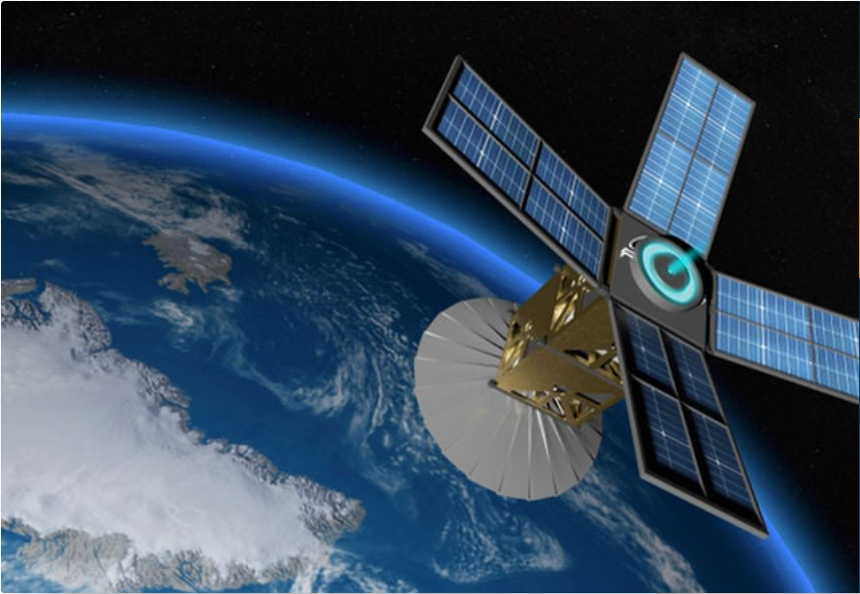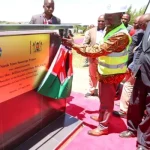Kenya’s first operational satellite, Taifa-1, has successfully been launched on board the SpaceX Falcon 9 rocket from the Vandenberg Space Force Base in California.
The historic launch was streamed live from the University of Nairobi where experts took Kenyans through the events and the importance of the satellite and the nation’s socio-economic development.
The much-awaited launch of Kenya’s first operational satellite had been postponed thrice due to bad weather.
According to a joint statement by the Ministry of Defence and Kenya Space Agency (KSA) earlier this week, Taifa-1 launch had been pushed to Wednesday noting that the 24-hour delay was occasioned by unfavourable upper-level wind conditions that would affect the rockets flight trajectory.
Other satellites from other countries on the same Transporter 7 Rideshare Mission were also been affected.
“This is to inform the Kenyan public that Space Exploration Technologies Corporation (SpaceX) has announced a 24-hour delay for the launch of Falcon 9 Transporter 7 mission earlier scheduled for Monday 10 April 2023 at 11.44pm Pacific Time (Tuesday 11 April 2023 at 9.44 am Kenyan time” the statement read.
Hailed as a landmark achievement for Kenya, the observation satellite fully designed and developed by Kenyan engineers will be used to provide data on agriculture and food security, among other areas.
“The mission is an important milestone,” the defence ministry and Kenya Space Agency said, adding that it would contribute significantly to the country’s “budding space economy”.
Testing and manufacturing of the parts were done in collaboration with a Bulgarian aerospace manufacturer.
Egypt was the first African country to send a satellite into space in 1998.
In 2018, Kenya launched its first experimental nanosatellite from the International Space Station.
As of 2022, at least 13 African countries had manufactured 48 satellites, according to Space in Africa. They include Ethiopia, Angola, South Africa, Sudan and others.



